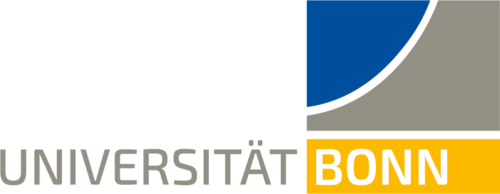
ImmunoSensation2

The immune sensory system
Like a classical sensory system, the innate immune system possesses an elaborate receptor interface to sense and discriminate a large variety of stimuli. We like to view the innate immune system as an immune sensory organ with its diverse immune sensing receptors, since this term lives up to the capacity of the innate immune system to sense its environment.Great advances have been made in the discipline of innate immunity, one of the most dynamic fields in life sciences. At the core of innate immunity lie pattern recognition receptors (here: immune sensing receptors), most of which have been discovered within the last twenty years. Immune sensing receptors detect foreign microbial molecules or altered self-molecules from tissue damage. The activation of immune sensing receptors initiates defense and repair mechanisms that normally protect the host. However, dysregulation of these responses can cause a range of inflammatory diseases. With the recent discoveries that particular immune sensing receptors are present in most somatic cells and that the metabolic state and neuronal inputs are tightly integrated, innate immunity has developed beyond the boundaries of classical immunology.
Downstream of immune sensing receptor ligation, multiple layers of information processing and ‘decision making’ operate to finally recognize patterns of danger or damage, and to subsequently trigger the appropriate effector functions. Therefore, we prefer to use the term immune sensing for the detection of ligands on the receptor level, while the term pattern recognition includes downstream processing events. These considerations have led us to further postulate that immune sensing is tightly intertwined with the levels of response, resolution, adaptation and memory.We further posit that immune active cues from the neuronal, metabolic and endocrine systems as well as from nutrition-, tissue- and microbiome-derived bioactive substances can modulate the immune sensory system at all four levels. According to our vision, immune circuit-aided perception by the immune sensory system allows it to adapt to its environment over time through continous adjustments of the sensitivity of immune surveillance and the quality of the immune response. Such finely-tuned immune decisions adjusted to the needs of whole organisms can be viewed as intelligent behaviour of the immune system. Conceptually, we therefore aim to decode the mechanisitic basis for such Immune Intelligence.
In order to fine-tune immune sensing over the course of an immune reaction, from response to resolution, adaptation and memory, we propose a network immunoscience theory: Despite obvious differences in the anatomical architecture and functionality of cellular components between the immune system and the nervous system, the principal structure of both systems exhibit suprising analogies. Hence we propose that insight into the network topology of nervous systems and the application of this insight to immune functions will help to achieve a more comprehensive understanding of the global behaviour of the immune system. This will also facilitate both precise prediction and control of immune activities, i.e. precision immunology.We have also come to realize that the dysregulation of the immune sensing system has a strong impact on many prevalent diseases in Western societies, such as atherosclerosis, metabolic syndrome, type 2 diabetes, neurodegeneration and cancer. Hence, there is a clear need to gain further mechanistic insights into the regulation of immune activation and to identify novel approaches for pharmacological interference.
Involved Institution:
- Deutsches Zentrum für Neurodegenerative Erkrankungen (DZNE)
Podcast on the Cluster of Excellence
Click on the button to load the content from Podigee.


